I’ve now had a week to digest the Breaking Bad finale — which I was initially cool to and have grown cooler — but what I’ve really been thinking about are season finales in general. When I look back on all of the TV shows I’ve watched, most have had episodes prior to the finale that would have been better places to end the series.
The problem is that by the time you get to that final episode, the narrative has progressed so far that the writers have ended up painting themselves into a corner — there are few places left for them to go in order to wrap up the show.
Rather than harp on series finales that disappointed (but I will get back to my thesis above), I want to talk about the one that I believe is far and away the best: Star Trek: The Next Generation (TNG).
Unlike virtually every show of the last fifteen years, TNG was very loosely serialized. While there was a clear evolution of characters and their relationships over the course of the show, episodes did not begin where the previous one left off.
And what really made the final season and episode of TNG unique, was that a TNG movie would be shot just several weeks after the last episode wrapped — so they couldn’t blow up the ship, kill a character off, or do anything too radical with the characters. The status quo would need to be reset at the end of the finale — the show’s narrative could not be brought to a conclusion. The series finale would have to leave things open-ended.
What the writers did was really clever: the episode was set in the past (the pilot episode), present and future. This accomplished giving fans a sense of closure without really resolving anything. By reaching back to the first episode, the writers made it feel like there was a master plan for the narrative arc of the entire show despite its loose serialization — so it felt like the series was building to something, which the final episode resolved. And though gimmicky, setting part of the episode in the future was an effective way to address one of the most basic fan demands for a finale: what happens to the characters.
But the episode wasn’t really about resolving anything — it was actually a standalone episode about the nature of friendship, about how friendships fall apart. This is a particularly poignant theme for a series finale because so many TV shows are about intense friendships that viewers enjoy watching. It was actually pretty ballsy to tell viewers that these TV friendships (and our own) will eventually come to an end. But it’s not a cynical episode because the events of the series finale result in the friendship among the crew of the Enterprise becoming even deeper at this moment in time.
So to recap, there was no serialized story to wrap up, and thus, none of the expectations that go along with that, yet the episodes still conveyed a strong sense of finality to the series, and the episode’s theme was perfectly fitting for a final episode. This is not to suggest that I’m anti-serialized drama, but as I hope to explain below, the farther and farther you get into an ongoing serialized story, the less flexibility you have in how to exit.
So to now return to my originally point of, “episodes prior to the finale that would have been better episodes to end the series” because “the narrative has progressed so far that the writers have ended up painting themselves into a corner,” let me first start with The Sopranos before I get to Breaking Bad.
As each season went on, Tony just gets closer and closer to the inevitable end for a mob boss: either going to prison or getting whacked. Neither makes for a particularly satisfying ending to a TV show — they’re both anticlimactic — which is why David Chase tried to come up with a third option.
Had The Sopranos concluded with Season 5, that final episode could have worked well as a series finale. Much of the show had been about the disintegration of Tony and Carmela’s relationship (the previous season ended with them separating which also could have worked as a series finale — and it kinda seems like Chase’s intention), and in the episode they finally come to an understanding. And that understanding was done in a way that was very true to the spirit of the show: Tony buys his way back into their home by paying for Carmela’s spec house, and agreeing to keep his philandering more discreet. Matters between them do feel genuinely resolved, but in Sopranos fashion.
To finally get to Breaking Bad, even more so I feel a better finale was in its past: the final episode of Season 4.
When the bomb went off killing Gus, that was by far the most satisfying moment of the show for me — I threw my hands up in the air and shouted, “yes!” out loud. At the same time, Walt’s transformation into an evil monster had been completed. His elaborate plan hinged on poisoning child — a completely innocent bystander. The fact that the plan was so convoluted, that Brock could have easily died in vain made it so terrible. So viewers and Vince Gilligan got to have their cake and eat it too. And then the episode ending with Walt telling Skyler, “I won,” was just perfect.
If the show had ended then, there still would have been unanswered questions, like does Hank ever find out the truth about Walt, that would have irked viewers, but the show was always primarily about the transformation of Walt from a droopy high school teacher into Scarface, and this episode brought us to the end of that arc.
Season 5 — both parts — was terrific, but the writers took Walt’s life falling apart to such extremes that their options were limited in how to end the show. Specifically, to bring Walt back to Albuquerque and to have him win once again, everything had to break perfectly in his favor: nobody identifies him while he’s moving around town (even when he slips into Skyler’s apartment which is under surveillance), he gets to park his car in the absolute right place, at the right angle, etc. (Emily Nussbaum has a great blog post in the New Yorker about this that’s worth reading).
And unlike Season 4, nobody innocent is hurt in Walt’s scheme. As Nussbaum notes, the episode completely avoids the harsh reality of what will happen to Brock and Lydia’s daughter. Breaking Bad has always been about the innocent people Walt hurts, both intentionally and in instances when he specifically wants to avoid violence, such as motorbike-kid during the train robbery. The show’s message has always been that you cannot be a meth lord without inflicting wonton destruction.
But there were simply no good options on how to end Breaking Bad at this point in its narrative. Had it ended with Walt alone in New Hampshire or failing in his revenge plot, nobody would have been happy even if those endings were more true to the show.
While I cannot really blame Gilligan for wanting to leave fans satisfied — who wants to deal with fanboy outrage? — it does validate my feelings that the show should have ended in Season 4. While there were many more great stories to tell past Season 4, I don’t think there was ever going to be a more perfect way to end the show (and it looks like Mad Men has already made this mistake — after Season 6 I doubt they’re going to be able to top Season 5’s ending with Don being asked, “Are you alone?”).







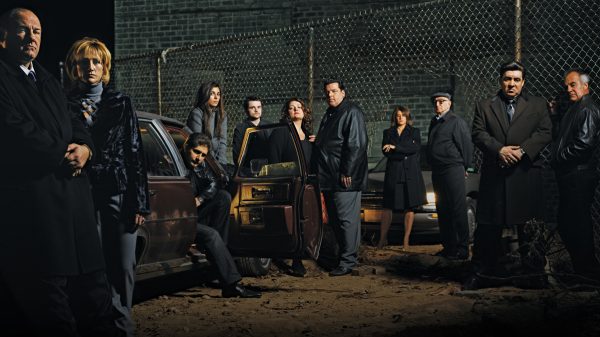
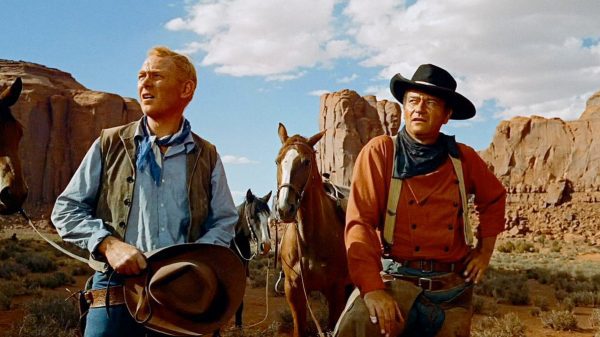


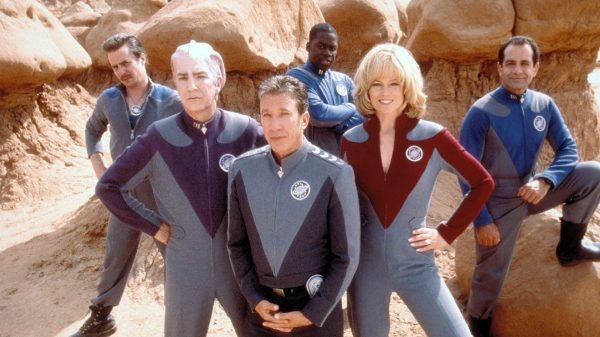
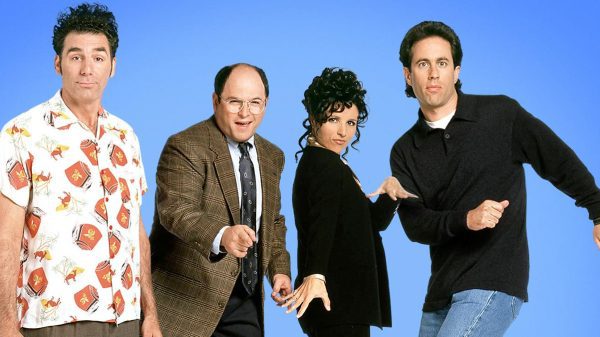


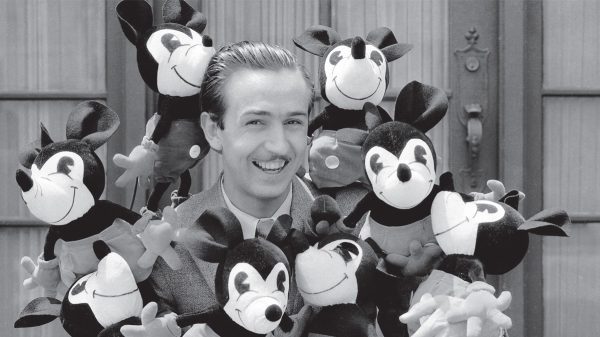


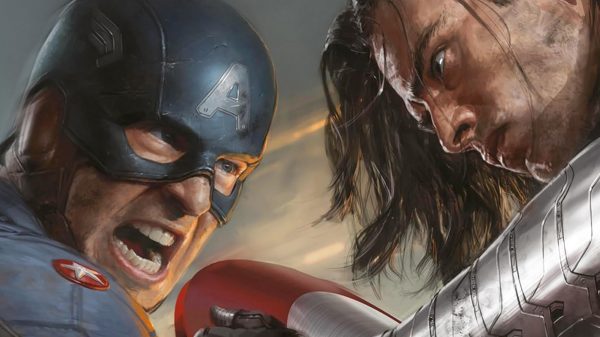




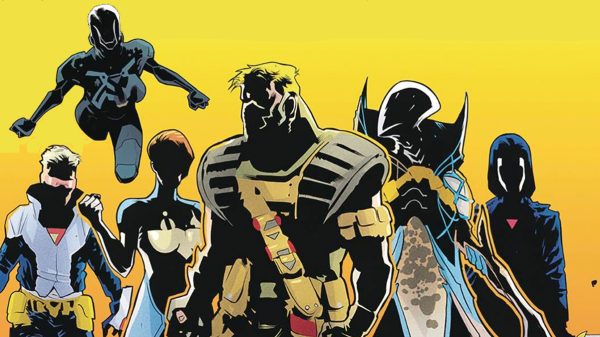
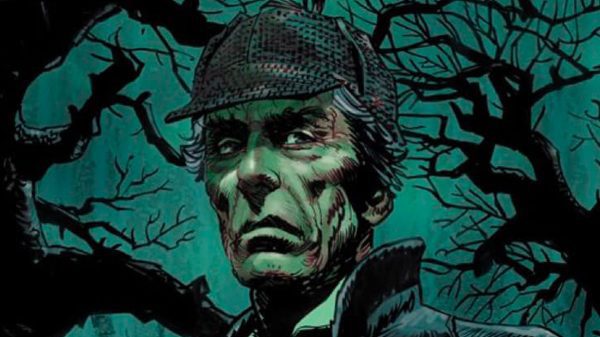
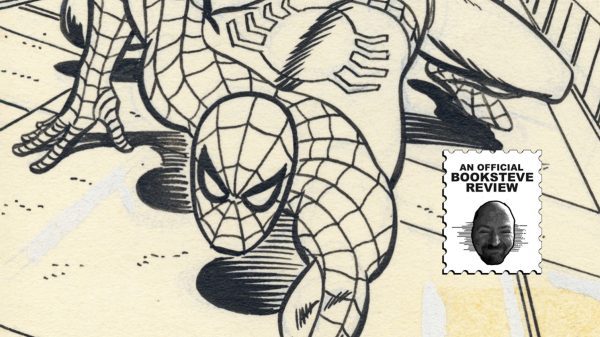
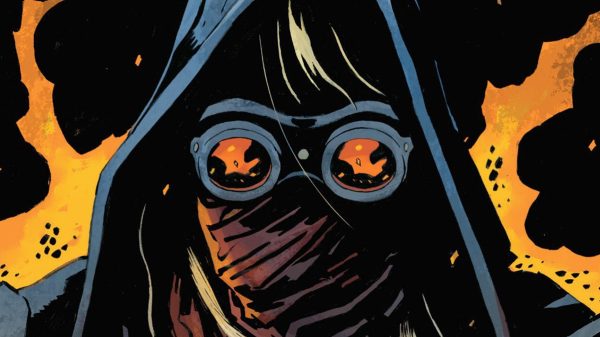





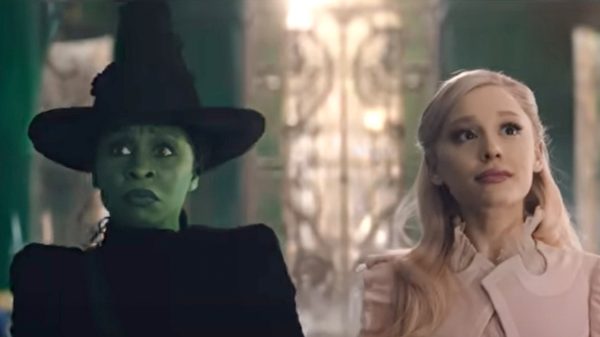
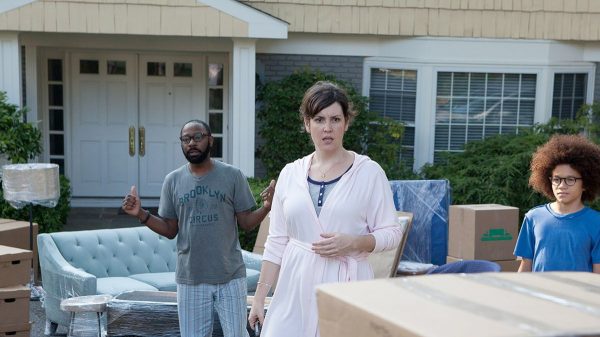
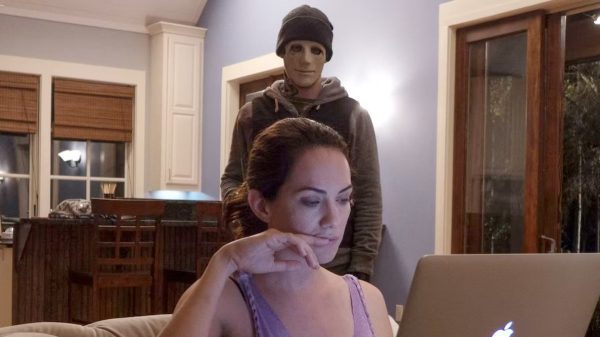












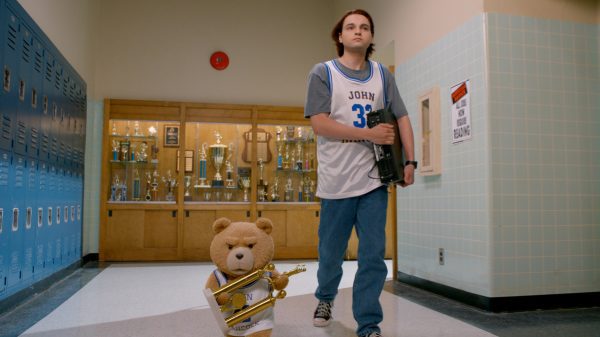
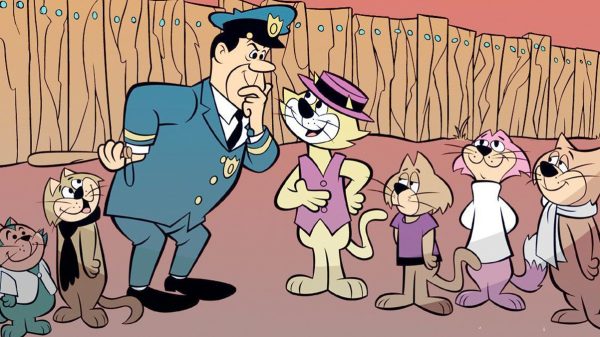
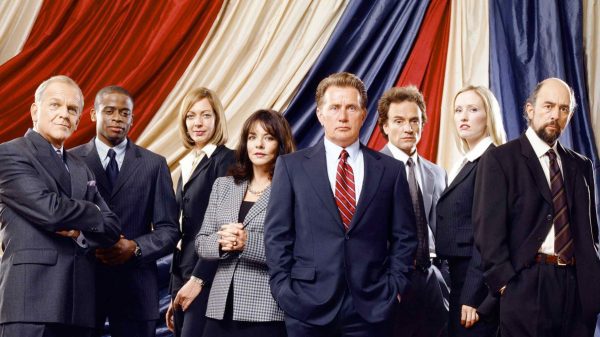
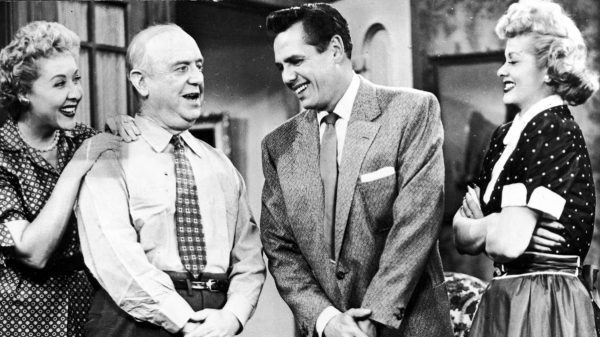
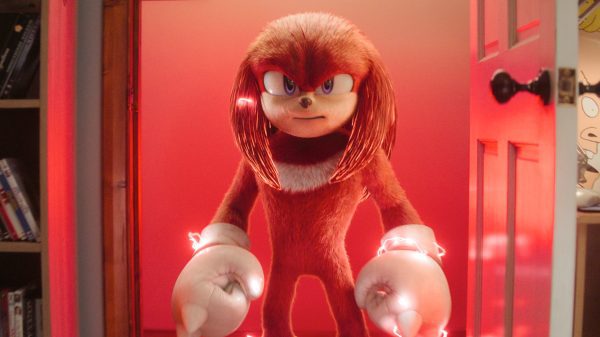


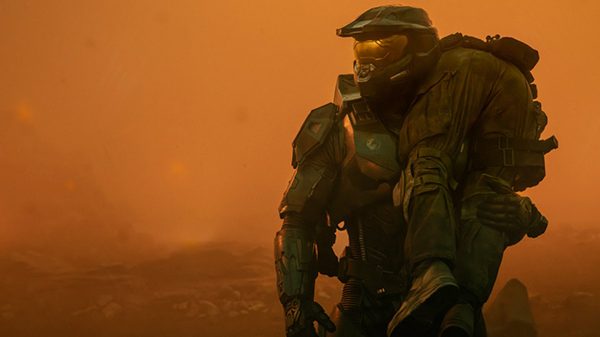
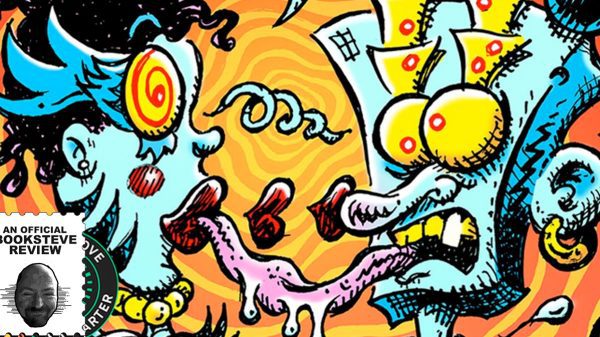

































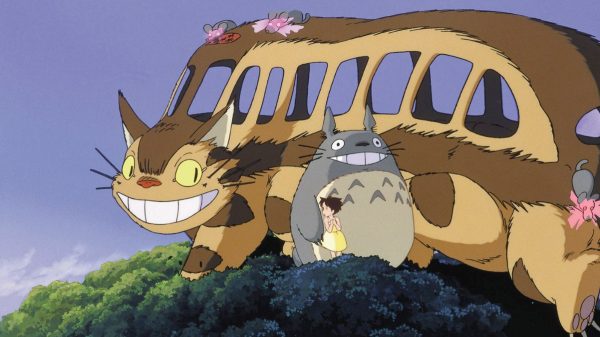
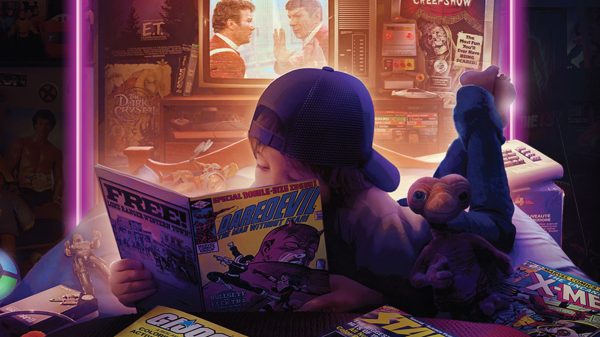
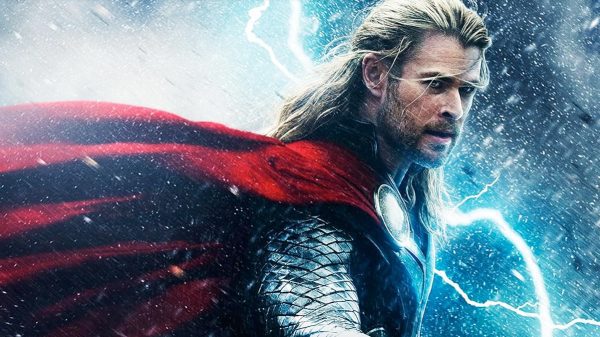















You must be logged in to post a comment Login